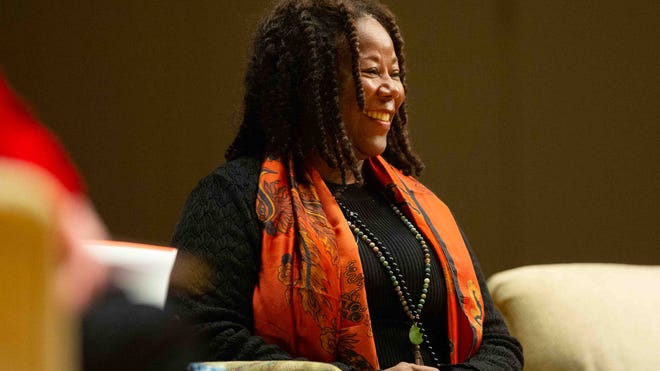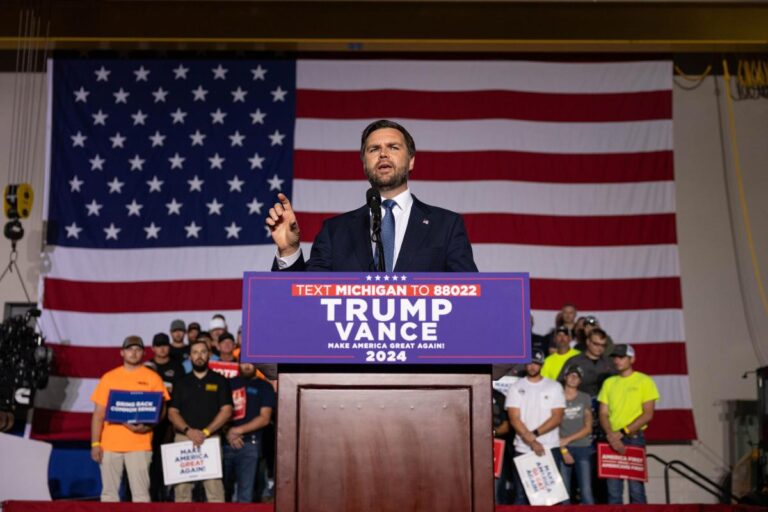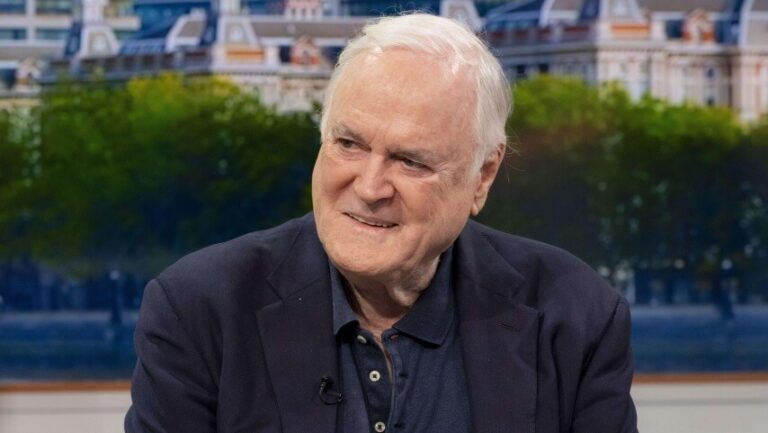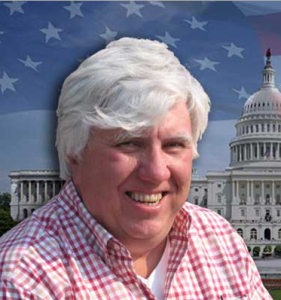Ruby Bridges Inspires Topeka with Message of Desegregation and Equality
Ruby Bridges: A Beacon of Desegregation and Equality
Ruby Bridges, an iconic figure in the American civil rights movement, has found her way into the hearts of many once again, especially in Topeka, Kansas. Recently, she visited this historic city to share her powerful message about desegregation and equality, reminding us all of how far we’ve come and, more importantly, how far we still need to go. In this article, we will explore the significance of Bridges’ visit, her extraordinary journey, and the ongoing fight for equality in education and beyond.
Who is Ruby Bridges?
Before diving deeper, let’s take a moment to appreciate who Ruby Bridges is. Born on September 8, 1954, in Tylertown, Mississippi, Bridges became a symbol of the civil rights movement. In 1960, at just six years old, she became the first African American child to integrate an all-white elementary school in the South, specifically the William Frantz Elementary School in New Orleans, Louisiana. This brave act, under the protection of U.S. Marshals, marked a pivotal moment in the history of desegregation in America.
But what does Ruby Bridges represent today? More than just her historical significance, she embodies resilience—a term we toss around but seldom live up to. Bridges faced threats, hostility, and outright racism, yet her determination shone brightly. Desegregation, something she courageously experienced firsthand, remains a relevant topic that challenges us today.
The Importance of Desegregation and Equality in Education
When we think about education, we often think of it as a level playing field. Yet, the reality is much more complex. Ruby Bridges’ visit to Topeka comes at a time when discussions about educational equality have resurfaced with urgency. Many people wonder, how far have we really come since the days of segregation?
The Legacy of Brown v. Board of Education
Topeka holds a unique place in the history of desegregation due to the landmark Supreme Court case Brown v. Board of Education. In 1954, the Court ruled that racial segregation in public schools was unconstitutional, which paved the way for integration. This decision was not just a legal victory; it was a cultural shift that, albeit slowly, started to dismantle the walls of segregation.
Still, decades after this monumental ruling, communities across the nation continue to experience educational disparities based on race and economic status. Bridge’s visit highlighted these ongoing challenges and encouraged dialogue about what genuine equality in education looks like today.
Ruby’s Inspiring Message to Topeka
During her visit, Ruby Bridges captivated her audience with stories from her childhood, sharing insights about her experiences that resonate with both young and old. How does a little girl becoming the first African American student in a white school translate to today’s struggles? Ruby emphasized courage, perseverance, and the importance of empathy.
Connectivity Through Storytelling
If there’s a skill Ruby boasts, it’s the ability to connect through storytelling. She doesn’t preach—it’s more like chatting over coffee and sharing life lessons. It’s relatable, and anyone can grasp the essence of her message without feeling lost in historical jargon.
Here are some crucial points that she highlighted during her talk:
- The Importance of Understanding History: Bridges stressed that acknowledging the past is vital. Without recognizing where we’ve come from, can we really grasp where we are headed?
- Promoting Empathy and Compassion: She encouraged the audience to practice empathy daily. Are we listening to each other? Understanding diverse perspectives can lead us to a more united front.
- The Role of Activism: Activism isn’t just for the famous; it’s for everyone. Ruby’s story serves as a reminder that small actions can lead to significant changes. What can we do in our own communities?
The Engagement in Topeka
The atmosphere in Topeka during Ruby’s visit was palpable, filled with passion and eagerness for change. Schools, local leaders, and journalists gathered to soak in her wisdom. Her message wasn’t only about the past; she pushed for a brighter future, asking and challenging the attendees to be proactive.
Community Involvement
Ruby Bridges’ visit wasn’t just about her speaking; it was a call to action for Topeka residents. Community leaders later shared their thoughts, discussing initiatives aimed at improving educational policies and creating more inclusive environments.
It’s essential for communities to come together, share ideas, and advocate for equality. The conversation doesn’t end with a visit—it ignites movements!
Facing Today’s Challenges
While we celebrate progress, it’s crucial to recognize the ongoing challenges that exist regarding segregation and inequality today.
Educational Disparity
Despite monumental strides toward integration, disparities in education persist across the U.S. Statistics reveal that schools in low-income areas, which disproportionately serve students of color, often face inadequate funding, resulting in fewer resources, larger class sizes, and a reduced quality of education.
Wouldn’t it be great if every child had access to the same quality of education, no matter their zip code? This fundamental question lingers as we reflect on the inequities still prevalent in our society.
The Influence of Systemic Racism
Systemic racism persists in many forms, often subtly woven into the fabric of our institutions. From inadequate funding to biased disciplinary policies, schools continue to struggle with ensuring a fair and equal education for all students. Can you think of a time when you witnessed injustice in education?
How Communities Can Push for Change
Bridges’ visit was more than a nostalgic reflection; it was a roadmap for communities aiming to further equal rights in education. Here are a few actionable steps that communities can take:
- Host Community Discussions: Open forums where people can share their experiences can highlight local issues and inspire solutions.
- Advocate for Policy Changes: Whether through petitions or engaging with school boards, advocating for changes is crucial.
- Support Local Organizations: Investing time or resources in local organizations committed to educational equity can go a long way.
Bridges’ inspiring words remind us that the fight for equality does not rest on the shoulders of a few brave individuals; it’s a collective effort we must all partake in.
Conclusion
Ruby Bridges’ visit to Topeka served as a poignant reminder of the power of education, the importance of empathy, and the challenges that lie ahead in the fight for equality. Her lifelong commitment to desegregation and equality resonates now more than ever, inspiring future generations to stand firm against injustice.
The journey toward a truly equitable education system requires continuous dedication and action. As we reflect on Ruby’s legacy, let’s turn her inspiring message into our daily reality. After all, it’s our collective responsibility to ensure that every child has access to the quality education they deserve, regardless of race or socioeconomic status.
FAQs
1. What did Ruby Bridges do in 1960?
Ruby Bridges became the first African American child to integrate an all-white elementary school in the South, specifically in New Orleans.
2. Why is Topeka significant in the context of educational equality?
Topeka is significant due to the Brown v. Board of Education Supreme Court case, which ruled that racial segregation in public schools was unconstitutional.
3. What are some current challenges in education today?
Challenges include educational disparities based on race and socioeconomic status, lack of funding for schools in low-income areas, and systemic racism.
4. How can communities support educational equality?
Communities can host discussions, advocate for policy changes, and support local organizations committed to educational equity.
5. Why is Ruby Bridges an important figure today?
Ruby Bridges symbolizes resilience and the ongoing fight for desegregation and equality in education, inspiring future generations to continue advocating for justice.






